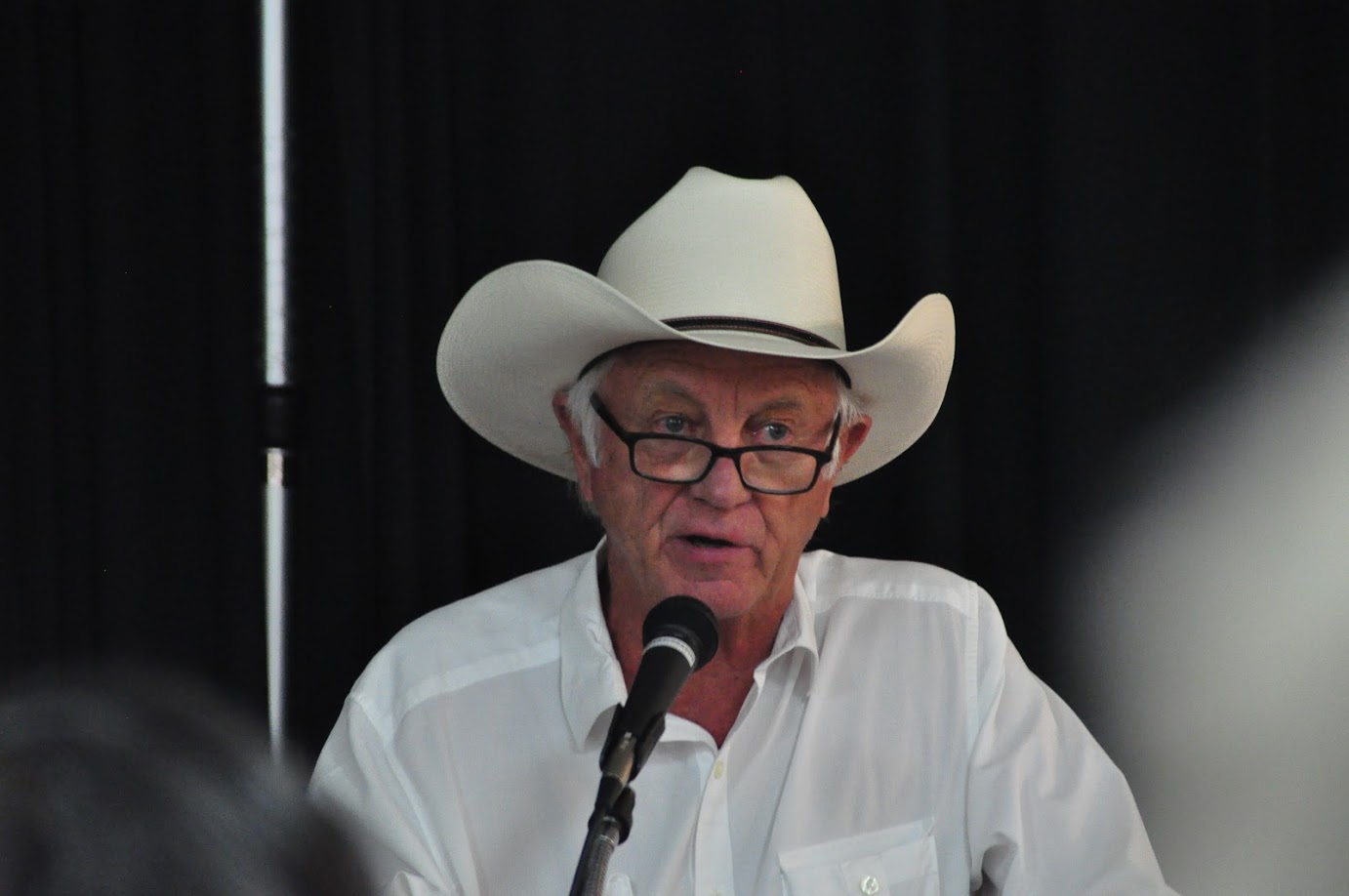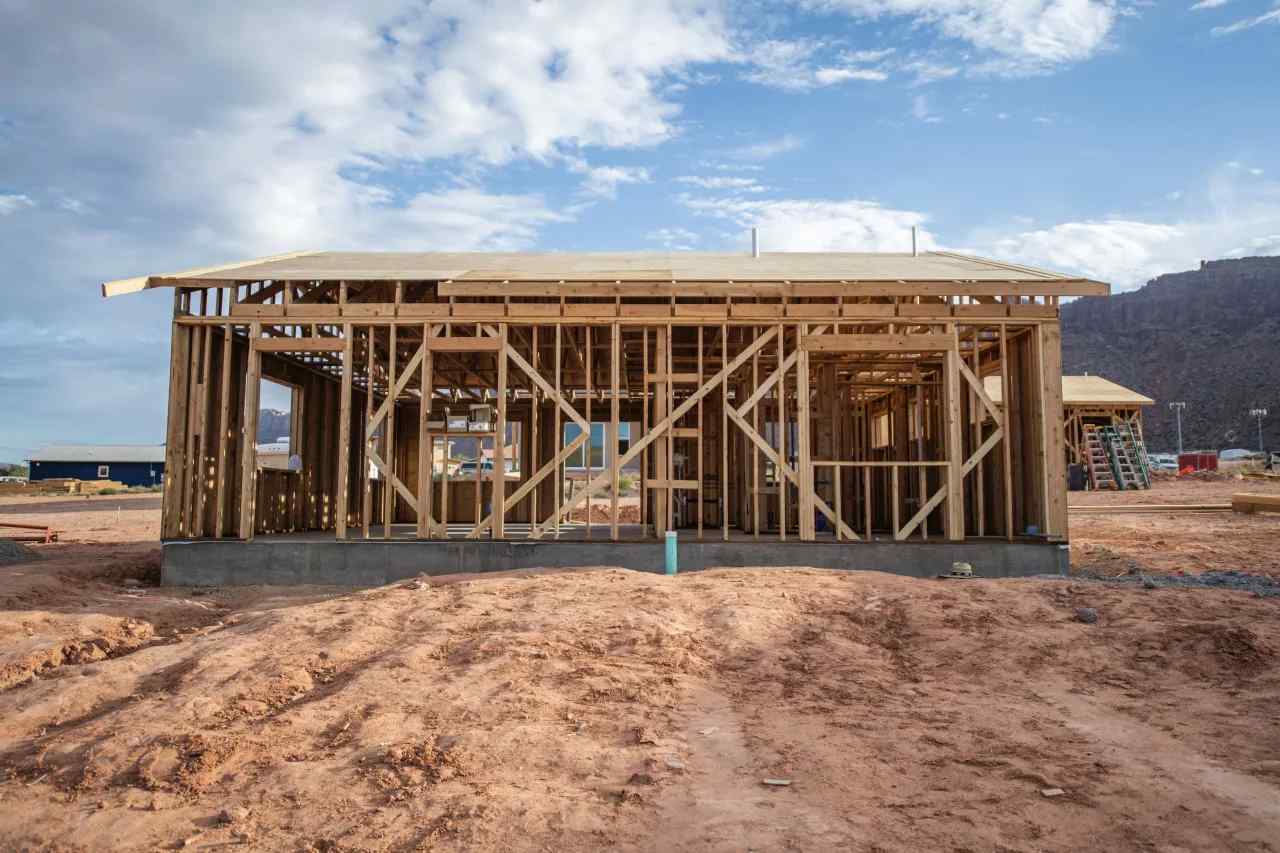For better and worse, Grand County is feeling the impacts of growing visitor numbers.
As the Grand County Council prepares the county’s final budget for the next fiscal year, it aims to deal with the negative impacts by shifting eligible tax revenue toward its increasingly strained services and infrastructural needs.
The county’s tentative budget for the 2017 fiscal year would bolster its general fund through an infusion of Tourism, Recreation, Cultural, Convention and Airport Facilities Tax Act (TRCC) funds, which come from sales taxes on restaurant meals and car rentals. At the same time, the county is moving its event advertising grants and the Moab to Monument Valley Film Commission’s budget into the Moab Area Travel Council’s budget.
According to Grand County Council member Chris Baird, the move would free up about $350,000 to spend on things like law enforcement, search and rescue, county-run Emergency Medical Services and improvements at Canyonlands Field Airport.
As things stand, Baird said it won’t do much good to keep bringing more tourists to Moab if the community doesn’t have the infrastructure in place to support the demands they place on local services.
“We’re just like the city, (which is) in a position where the infrastructure demands are so great that we basically can’t accommodate any more growth until we get our infrastructure caught up,” Baird told the travel council’s advisory board at its special meeting on Tuesday, Oct. 25.
The county’s move didn’t sit well with a majority of travel council advisory board members, who voted 5-1 on Oct. 25 to send their previously submitted budget back to the county council for further review. Board member Sam Wainer voted against the majority.
Baird said that advisory board members initially proposed to transfer the net balance of the county’s TRCC fund to their budget. However, county council members ultimately reached the conclusion that money is “much more needed” elsewhere, he said.
Grand County Council member Lynn Jackson said the county’s tentative budget sets the travel council’s budget for the 2017 fiscal year at $2.4 million.
“You got what the (county) council thought you should get,” Jackson told the travel council advisory board on Tuesday, Nov. 8.
Travel council advisory board member and Red Cliffs Lodge owner Colin Fryer hoped to see a different outcome, though, and he believes that TRCC money would be well spent in support of a tourist industry that drives the community’s economy.
“Sometimes, I think it’s kind of a slap in the face when we’re doing really good and some decisions made by the (county) council and previous councils, they want to come back and say, ‘Well, we can’t fund it, so we’re going to take it from you now,’” Fryer said. “And I don’t think that’s right. I think we should get … what we’ve earned and we’ll continue to do a good job for the county.”
In the past, Fryer said, the travel council has always received up to $200,000 from the county’s TRCC budget.
“Now, what Chris is saying is, they don’t want to give us any of the TRCC anymore,” he said. “They want to use it all to help balance their general fund … And while I understand the logic, I don’t necessarily think that’s fair, because we are the goose that’s laying the golden egg.”
Fryer said he thinks that funding to promote tourism is the best investment that the county could make, although he believes that some people might take that for granted.
“I think that’s as much the thing that sticks in my craw as anything, is that there’s this idea that this tourism just automatically happens, and it’s happened without anybody’s real work,” Fryer said. “And then, (officials say) ‘We’re just going to take what we want to take,’ instead of approaching it with some amount of gratitude and saying, ‘Wow, you guys have done a great job …’”
Baird said he “absolutely” believes that the travel council’s advisory board has done just that.
“There’s no question about it,” he said.
However, others in the community have voiced concerns about tourism-related impacts that drive up local housing costs, while placing greater strains on law enforcement, search and rescue, and Emergency Medical Services, as well as landfill and wastewater treatment facilities.
Travel council advisory board chair John Knowles said he’s heard a common refrain from “90 percent of the people on the street” that tourists are a drain on the county who don’t contribute anything to the community.
“I hear it every week (from) people in town: They wish that the tourists paid for some of what goes on … and they don’t understand that 55 percent of this budget goes to the county to help mitigate and cover the county’s expenses for what goes on,” Knowles said.
Moving forward, both Knowles and Moab Area Travel Council Executive Director Elaine Gizler said they’d like to change the public’s perceptions about the tourist industry – perhaps through paid marketing efforts.
Councils differ on best ways to spend TRCC money
Throughout the travel council’s Oct. 25 meeting, Baird repeatedly noted that the advisory board doesn’t have the legal ability to take more TRCC funding than the law dictates.
“You do have the right to advise on how it’s spent,” he said. “But that TRCC money is not travel council money.”
Fryer said he understands that the county is ultimately allowed to spend that money any way it sees fit.
“But that still doesn’t make it right in my mind, because we’ve worked hard to make that money, and the city and the county are all beneficiaries of that,” he said. “Sometimes, I think you might need to look a little harder about getting your own house in order rather than taking our money to make your house in order.”
The county currently has a large surplus fund, with as much money as it’s had in years, Fryer said, questioning why the county council felt compelled to divert TRCC funding away from the travel council.
“Why would you be taking our money, when you have plenty of money in your own bank account?” he asked.
Grand County Council member Mary McGann said she anticipates that the county’s budget surplus will likely decrease in the coming months, simply because the county’s needs are so great.
“We need to gather all of the money that we can,” McGann said. “You can use the word ‘entitled.’ The way the law was written, we have access to that money … and past councils have allowed it to continue to support the travel council, but at this point, our needs are too great, and your income after this year will continue to grow and grow and grow.”
In the near term, she said, the county is likely to feel a domino effect from its jail renovation project, including travel-related expenses that aren’t covered by previously approved funds from Utah’s Permanent Community Impact Fund Board (CIB).
The county is also searching for ways to systematically increase some county employees’ salaries to a “reasonable” level, she said, while covering projected increases in health-care costs.
County voters approved a health care facilities tax on the Nov. 8 general election ballot by overwhelming margins, and Baird has said he thinks it will lighten up the county’s load.
Travel council advisory board member Howard Trenholme suggested that federal Payments in Lieu of Taxes (PILT) for camping on public lands could also make up for the ongoing loss in mineral lease revenues from oil and gas development. The PILT funding formula compensates counties where tax-exempt federal land management agencies own significant amounts of land.
However, it would take an act of Congress to make that suggestion a reality.
For now, at least, Wainer said he’s content with the county’s distribution formula, since it actually bumps the travel council’s budget for the next fiscal year up to $2.4 million.
“So even if they take this (money), we … still have more money than we actually budgeted for this year,” Wainer said. “… I guess in my mind, we’re not taking a big step backwards because we’re still ahead of what we actually budgeted for 2016.”
Travel board member questions decision to take money away
(The county council wants) to use it all to help balance their general fund … And while I understand the logic, I don’t necessarily think that’s fair, because we are the goose that’s laying the golden egg.





